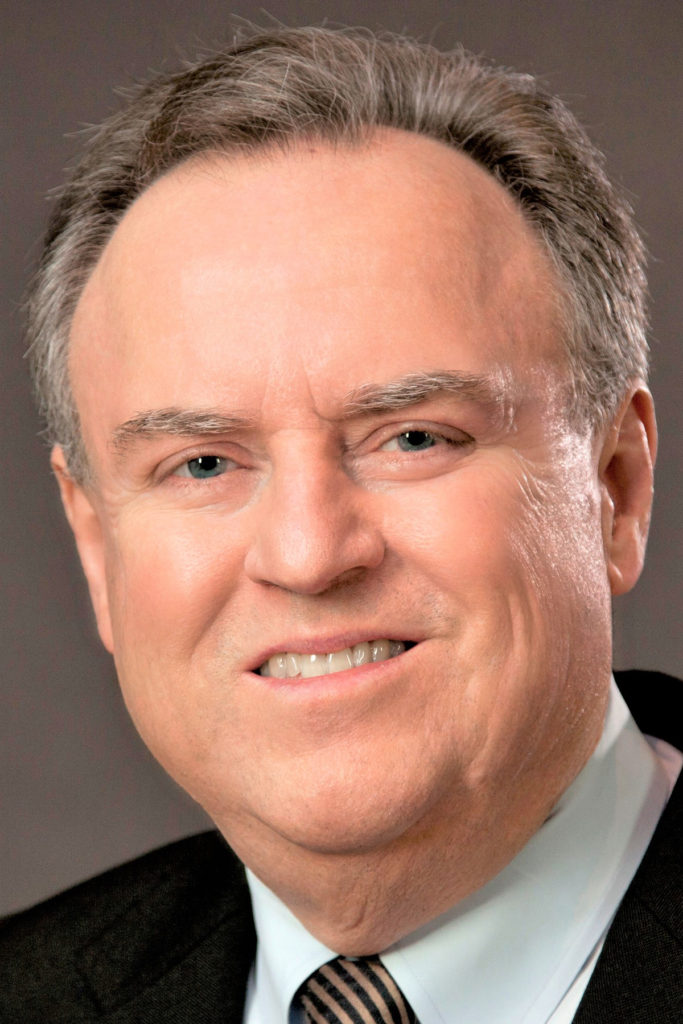EDITOR’S NOTEBOOK: The cancel culture strikes again, and not for the last time
By William H. Perkins Jr.
Editor

I first read The Zode in the Road by Dr. Seuss as a tender pre-teenager. Like virtually everything Theodor Seuss Geisel (1904-1991) wrote, there is a moral in The Zode in the Road and it stuck with me. When I sought out the poem years later and read it again, I decided to adopt that moral as a way I wanted to live my life. I can truthfully say the tale of The Zode in the Road has served me well when I’ve had to make important decisions.
That Dr. Seuss testimony is not unique. You likely have one of your own. Millions of us do. That’s why I was gobsmacked when the cancel culture under which we currently live in this country declared on the observance of his March 2 birthday that this kind, gentle Californian was a racist and the campaign to smear his life’s work began.
The movement to ban Geisel is all the more appalling when his life is considered in total. The Dartmouth College graduate laid aside an established career as a magazine and advertisement illustrator to join the U.S. Army during World War II, where his documentary about the Japanese culture won the 1947 Academy Award for Best Documentary Feature. Geisel won a second Academy Award in 1950 for Best Animated Short Film.
He also won two Emmy Awards, the Peabody Award, the Laura Ingalls Wilder Medal, the Lewis Carroll Shelf Award, the Inkpot Award,, and the Pulitzer Prize. His work spawned 11 television specials, five feature films, a Broadway musical, and four television series.
Whittier College in California awarded him an honorary doctorate in 1980 for his body of work. Dartmouth renamed the university’s medical school after him in honor of his generosity in supporting the school, and the University of California at San Diego did the same with their library, again for his financial generosity.
His star rests on the fabled Hollywood Walk of Fame. In 2004, the annual Theodor Seuss Geisel Award was established to recognize “the most distinguished American book for beginning readers published in English in the United States during the preceding year.” The award’s most important qualification: the award winner should “demonstrate creativity and imagination to engage children in reading” from pre-kindergarten to second grade.
In 2002, the Dr. Seuss National Memorial Sculpture Garden was dedicated in his birthplace of Springfield, Mass., and showcases sculptures of Geisel and his Dr. Seuss creations. He was inducted into the California Hall of Fame in 2008.
He was not perfect. None of us are. Some of his missteps, often when he ventured into politics, can be troubling. His illustrations, especially of Asians and African-Americans in some of his books, are wrong by today’s standards. He had his failures, but to banish the work of such a multi-disciplinary genius like Geisel is more than just a reflection of the times in which we live. It’s a harbinger.
How much longer will it be before these book burners come for the Bible? It’s got plenty of events and characters that can be misinterpreted or reinterpreted to offend the putative arbiters of what’s socially acceptable and unacceptable today. Once the Bible has been “cancelled” – the modern day equivalent of blacklisting, only worse – what will be next on the agenda?
Any future campaign that arises against the Bible must be confronted, head-on. There we must make our stand. Nothing less will do. In the history of Christianity, pogroms are not uncommon. When they come for the Bible in our generation, will we be ready to answer?
Editor’s Note: Opinions expressed on this website are those of the authors and do not necessarily reflect those of the Mississippi Baptist Convention Board, The Baptist Record, nor the publication’s Advisory Committee. The author may be contacted at wperkins@mbcb.org.